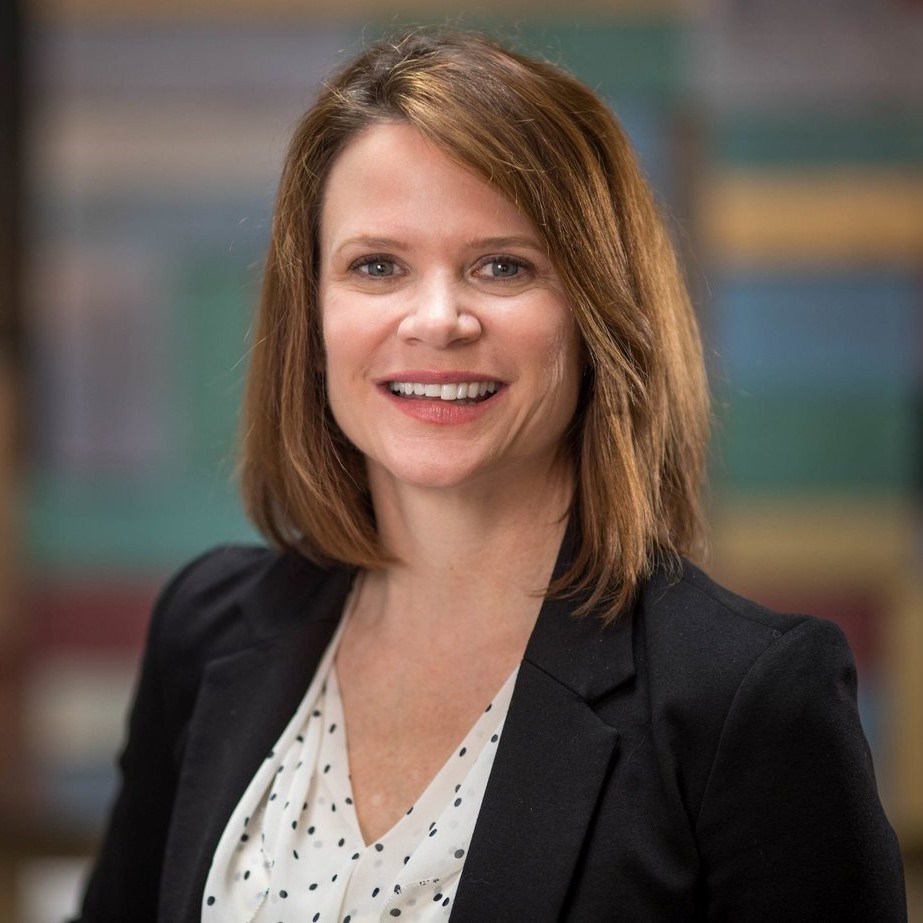Guest blog by Maeghan Jones
This blog first appeared as part of the We Refuse to Lose series that profiles five cradle-to-career initiatives working to close racial gaps for students journeying from early education to careers.
More than ever, we can feel the turbulence of history.
This past year has changed all of our lives as we navigate a global pandemic, political unrest, and a renewed national conversation on racial justice. We have seen that communities of color are uniquely vulnerable to COVID-19. Throughout the nation, hospitalizations and deaths caused by this pandemic are far higher among people of color. These facts and figures show us a clear and present emergency, but also point to foundational problems in all of our communities.
This crisis calls on the nonprofit and philanthropic sector to not only respond to the immediate suffering in our nation and in our communities, but to address the systems that perpetuate the inequities the pandemic has exposed.
We’ve heard from many of our leaders that now is the time to listen—and it is. But we must also reckon with what we’ve heard and learned. A real commitment to equity requires us to ask tough questions and make real changes to realize equity in ourselves, our institutions and ultimately in the places we call home.
Here in Chattanooga, the seeds of change are beginning to take root. I’ve seen a diverse coalition of leaders emerge across philanthropy, business, and our non-profit community, with clarity of conscience and language that would’ve been hard to imagine just a few years ago. Anchor organizations like Chattanooga 2.0, PEF Chattanooga, and the Chattanooga Chamber of Commerce have taken bold and important steps to put equity and shared opportunity at the forefront of their work.
I know our community has what it takes to meet this moment with more than statements and strategies, but with the hard and long-term work of changing processes and systems. That’s why I’m so excited to see Chattanooga 2.0 center the difficult but essential long-term work of addressing the root causes of poverty, racial discrimination, and segregation. By tackling the policies and practices that hold these systems in place, we can begin to imagine a Chattanooga where everyone can get ahead.
This work isn’t easy and it often requires humility. As a white leader in philanthropy, I am reflecting on how I show up when I lead. I have begun to see how the incentives in my career to go faster, push for results, and be the first to finish are often at odds with what equity requires. A real commitment to equity isn’t just about investing in better outcomes and programs, but about examining where our own institutional processes and personal behaviors either reinforce or challenge systemic racism.
Here in Chattanooga, as leaders from our nonprofit, philanthropic business sectors embark our own racial equity journeys, we are fortunate to have the guidance and wisdom of community leaders who had been doing this work long before it became our focus. It’s easy to get caught up in the idea that this journey is new, simply because we are new to it. But, the truth is there are leaders in our communities who have lived this work for decades with a legacy dating back hundreds of years.
When obstacles prove frustrating or tempt me to swell with self-righteousness, I am reminded that my institution’s progress in this journey traces only a fraction of the way paved through the decades of tireless and often unrecognized work of people of color—specifically Black Chattanoogans such as Edna Varner—who kept faith that our city and nation could one day be a more just and inclusive home for them and their children.
But I remain hopeful, because this work does not happen alone. From our grantees whose essential services continue to inspire us, to the Black and brown community leaders who have worked toward equity before it had a name, to partners like Chattanooga 2.0 who have committed to the essential work of changing the systems that hold our most difficult problems in place, I see a brighter Chattanooga ahead.


